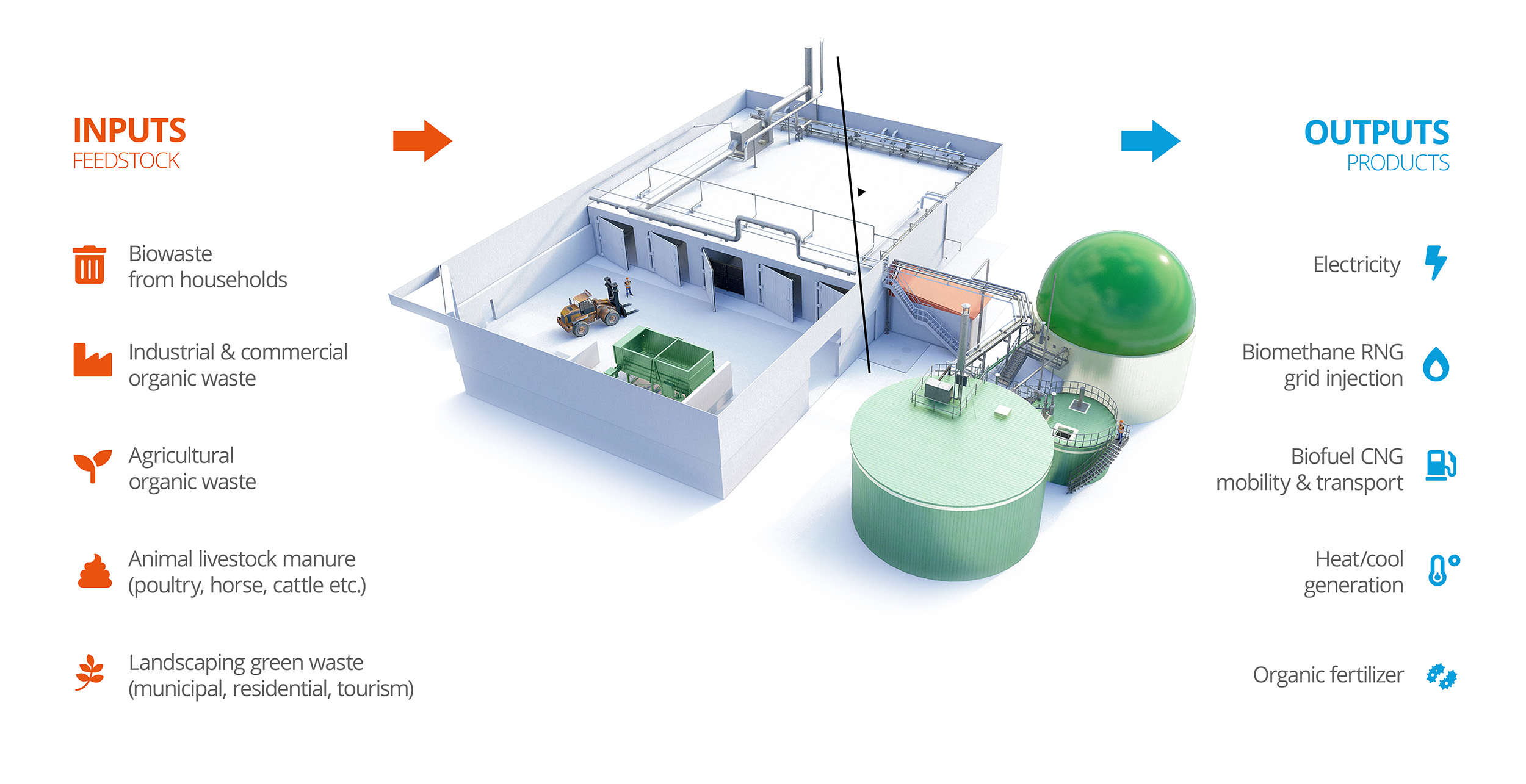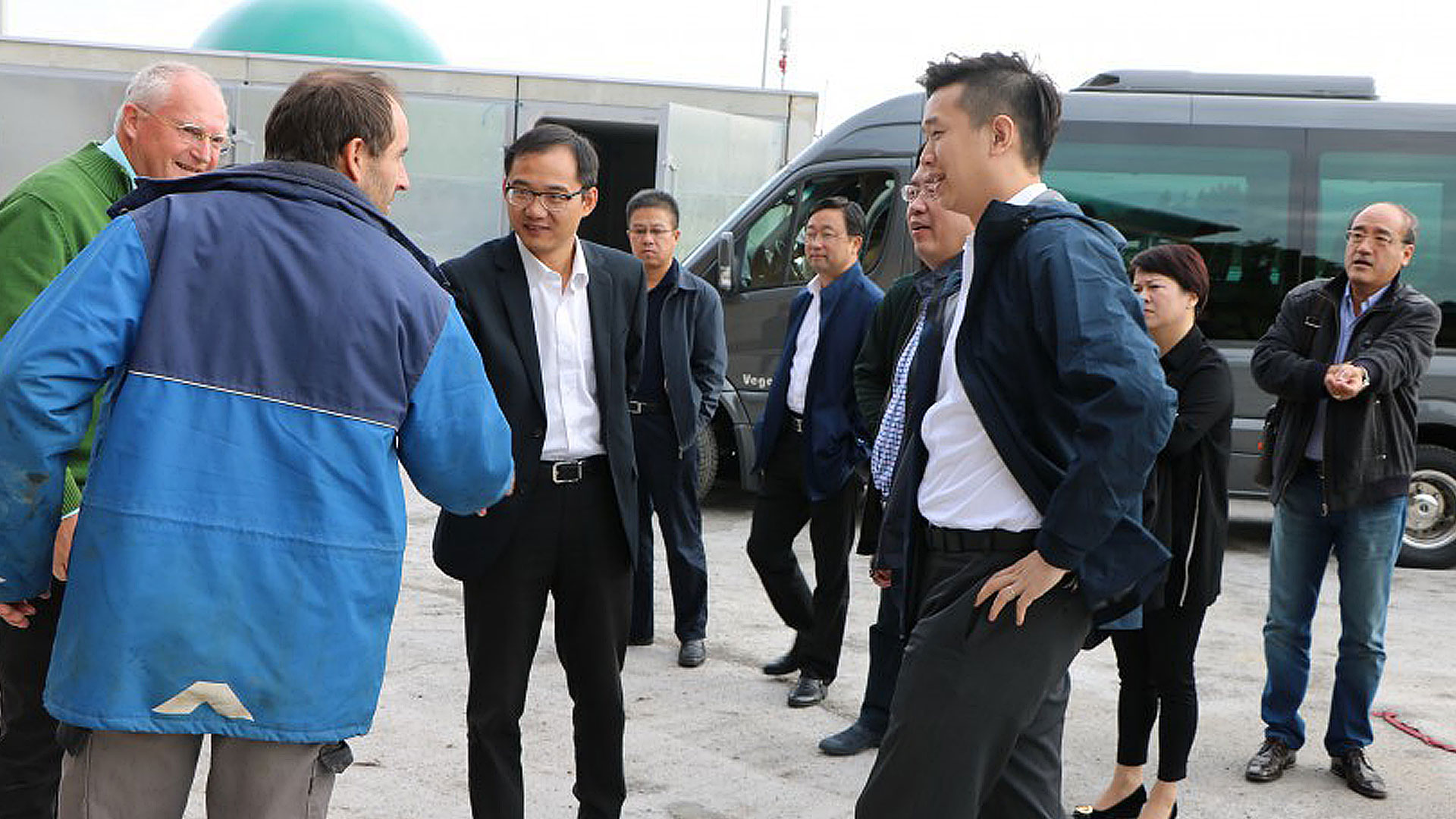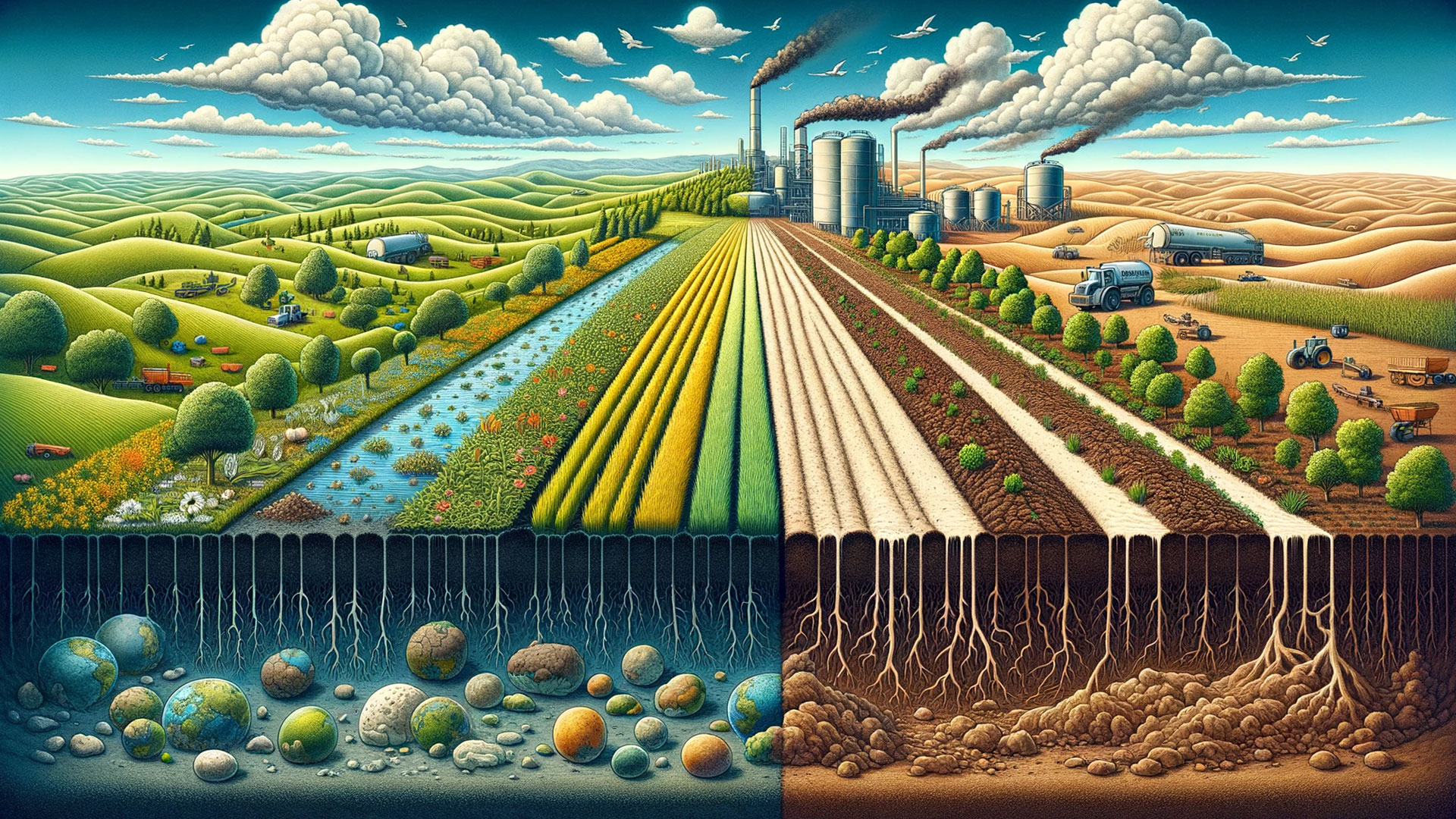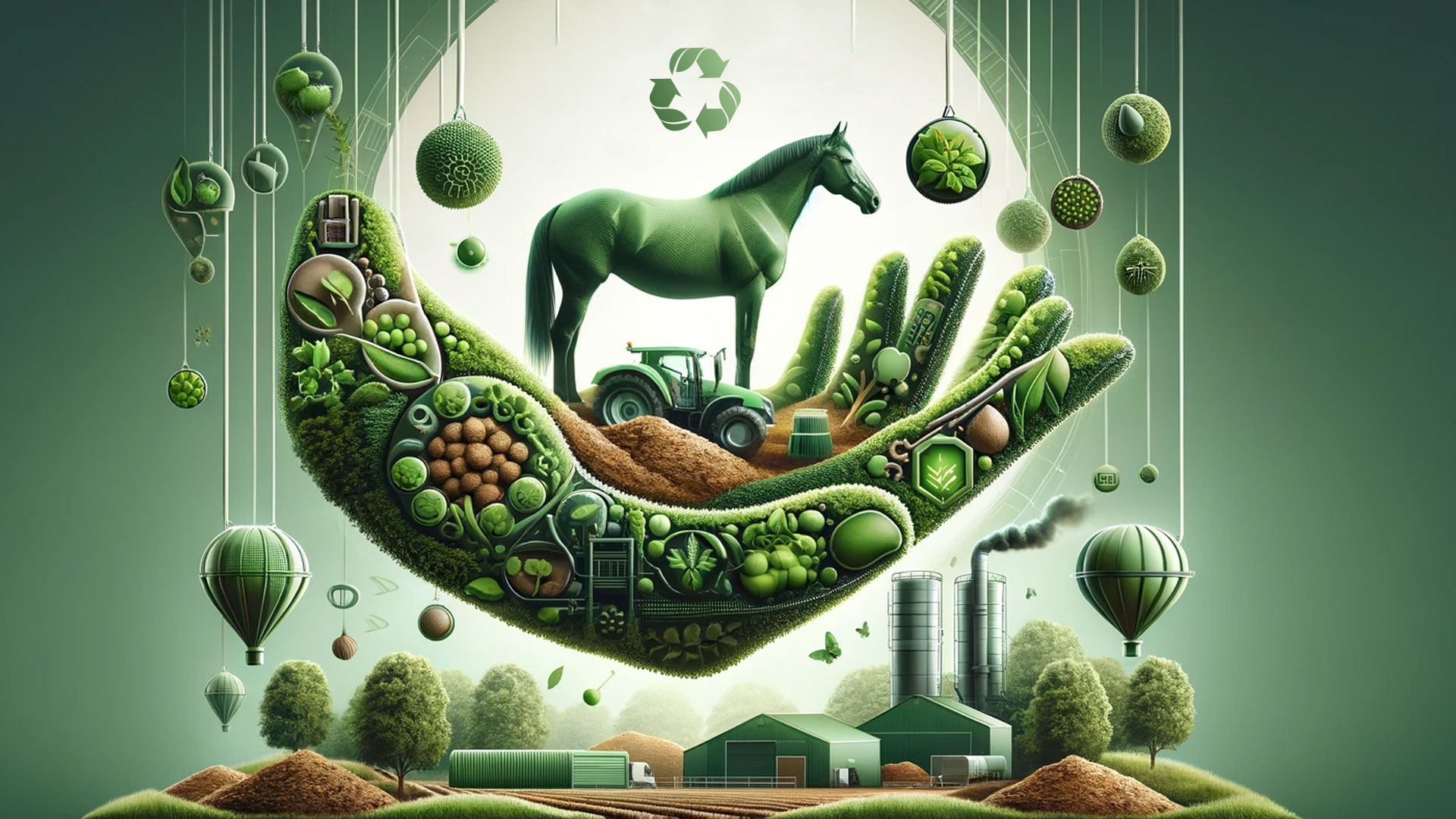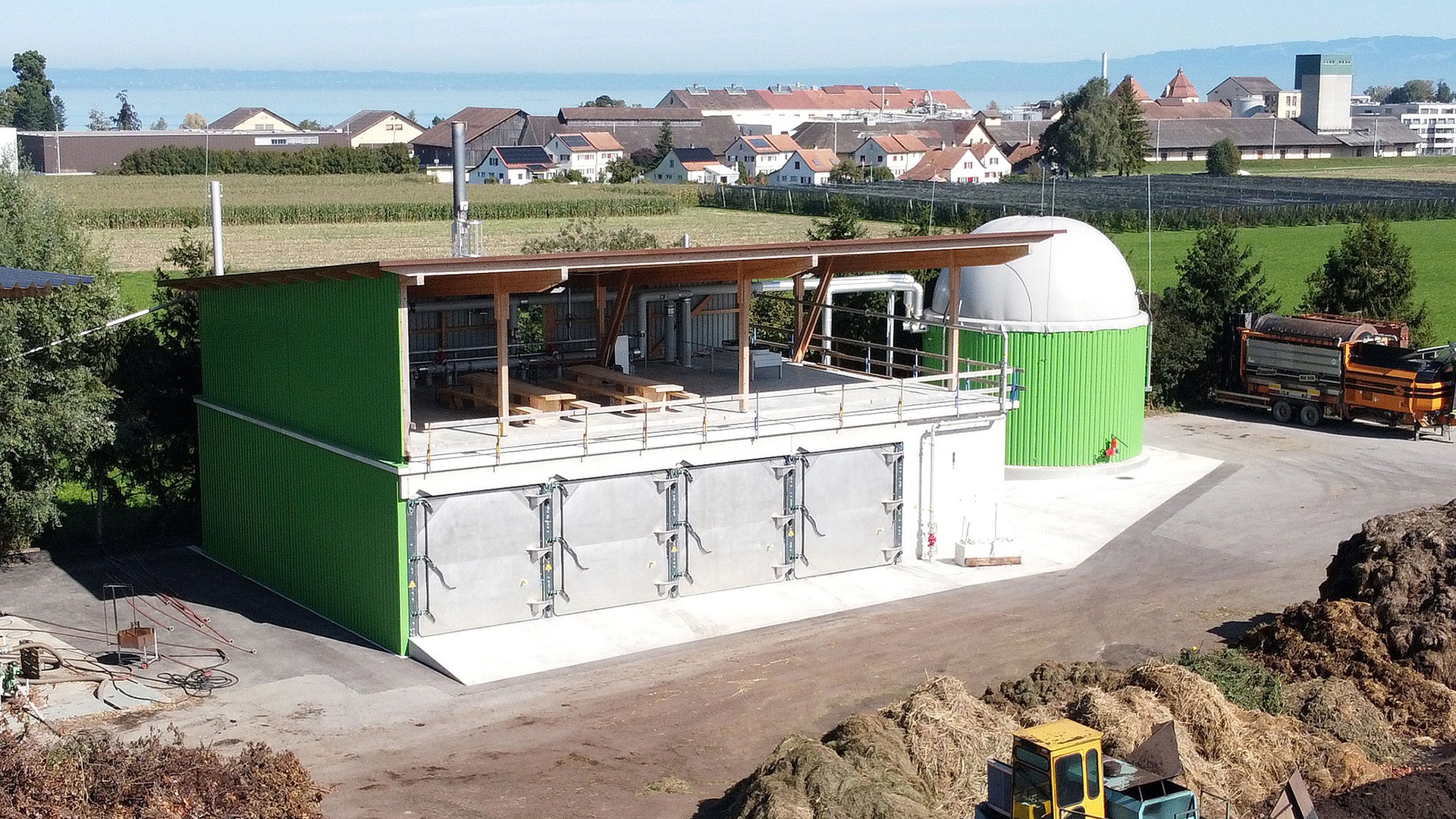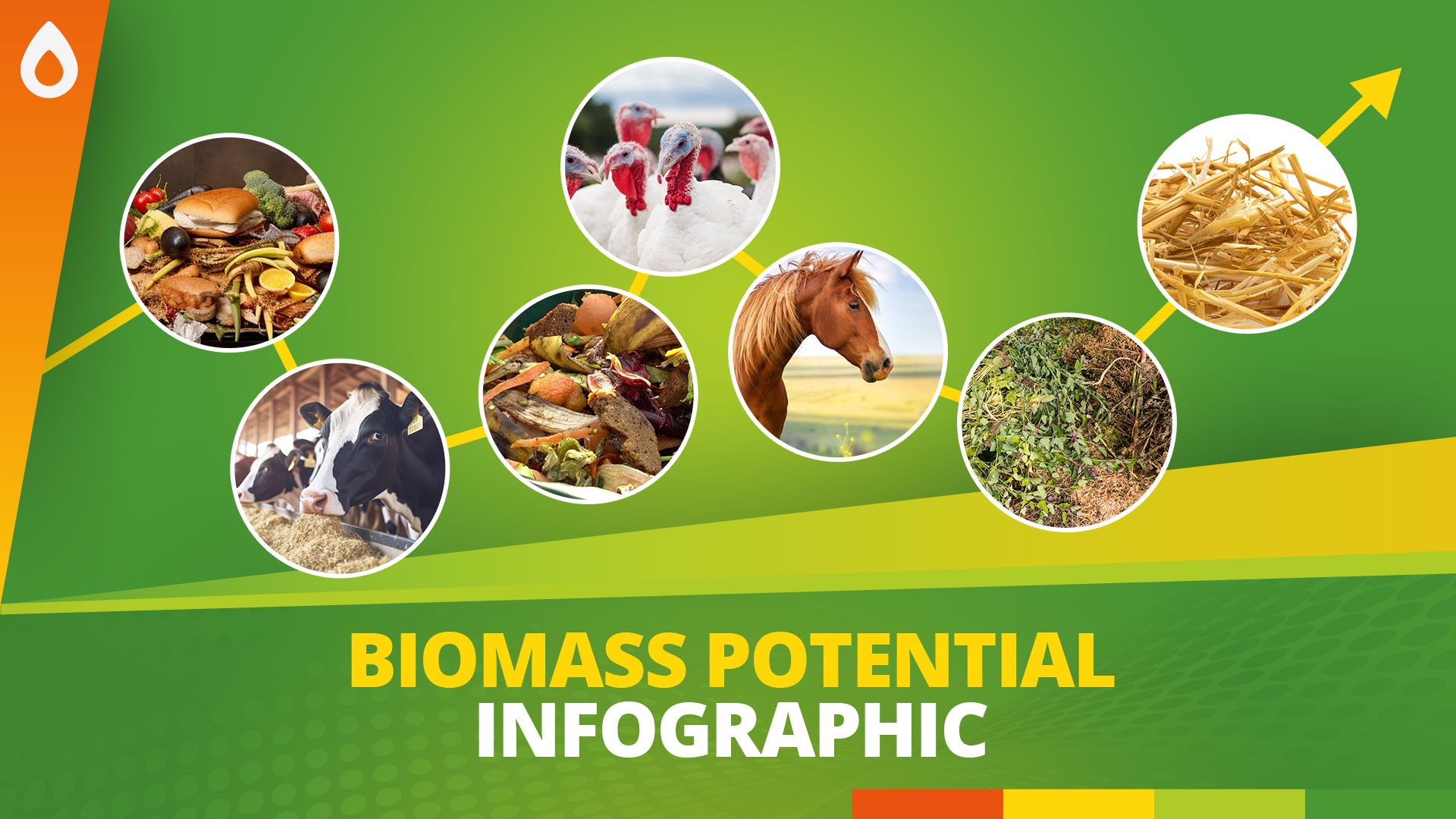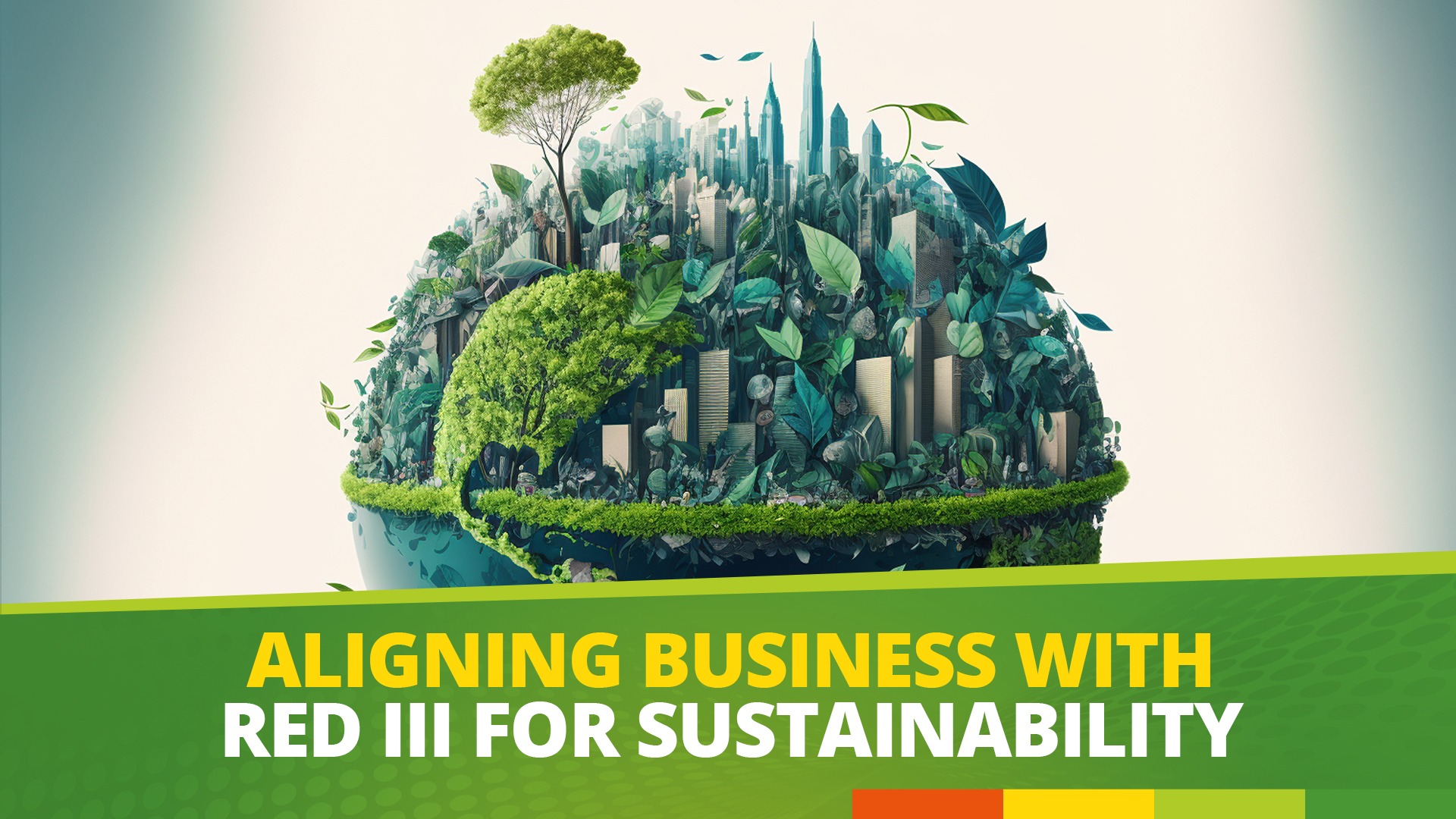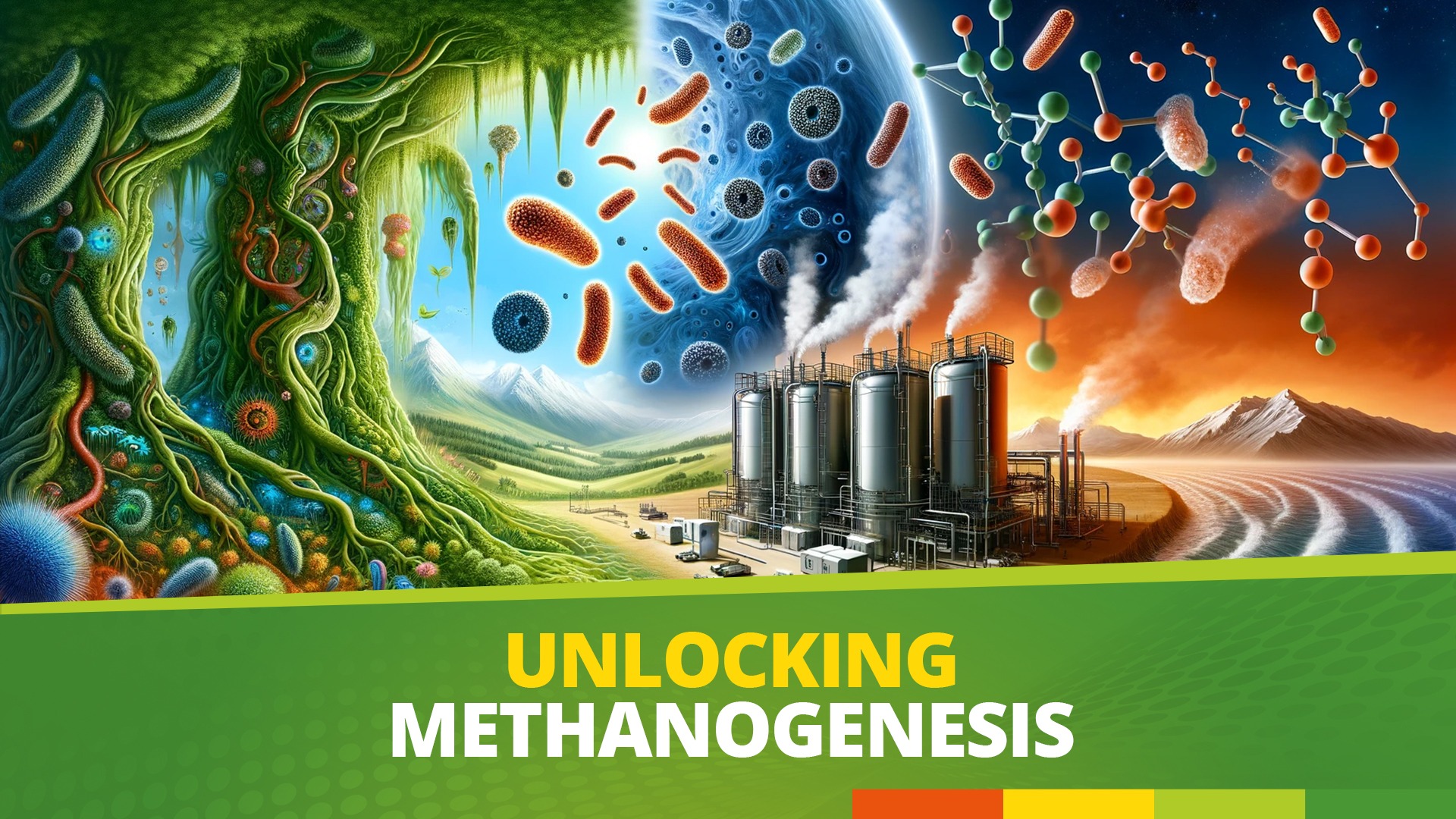In the picturesque town of Tuttwil TG, Switzerland, a cutting-edge biogas plant designed for solid fermentation of agricultural waste is poised to revolutionize sustainable farming practices. This remarkable project has captured the interest of none other than Li Zheng, the Mayor of Shanghai Chongming district in China, a region committed to pioneering sustainable agricultural production.
Accompanied by a delegation and representatives of the Swiss-China Chamber of Commerce, Zheng embarked on a knowledge-seeking mission to Tuttwil, where he explored the turkey fattening stable and its associated biogas plant, owned by the forward-thinking Mr. Helfenberger.
The Chinese Quest for Sustainable Agriculture
China’s quest for sustainable agriculture is fueled by the desire to transform Chongming Island into a beacon of eco-friendly farming practices. As part of this vision, the delegation embarked on a global search for innovative technologies, bringing them to Switzerland’s clean-tech sector. Their journey signifies a global recognition of the potential of biogas technology to revolutionize farming, creating a holistic approach that encompasses green energy, soil health, organic fertilizer, compost, closed nutrient cycles, and closed material loops.
Biogas in China’s Agricultural Landscape
Biogas technology has the power to reshape China’s agricultural regions by effectively converting agricultural waste into valuable resources. This sustainable approach not only provides a clean and renewable energy source but also nurtures soil health through the application of nutrient-rich digestate as organic fertilizer. The reduction in chemical fertilizer usage results in environmentally friendly farming practices and helps create closed nutrient cycles, where waste becomes a valuable asset.
A Global Partnership for Sustainability
Karl-Heinz Restle is leading the way in pioneering biogas technology. During a recent visit to Shanghai, Restle became aware of the significant methane emissions from rice fields, prompting Renergon to develop a groundbreaking concept for prevention. The concept has garnered immense interest and sparked discussions of potential scientific cooperation between Swiss and Chinese experts. This collaboration could lead to further advancements in sustainable agriculture and biogas technology, facilitating a transition toward greener, more self-sufficient agricultural practices in China and around the world.
In conclusion, the potential of biogas technology in China’s agricultural regions is poised to revolutionize farming practices, ushering in a new era of sustainability. The interest and collaboration between Chinese officials and Swiss experts highlight the global significance of biogas in creating a cleaner, more eco-friendly future for agriculture.
